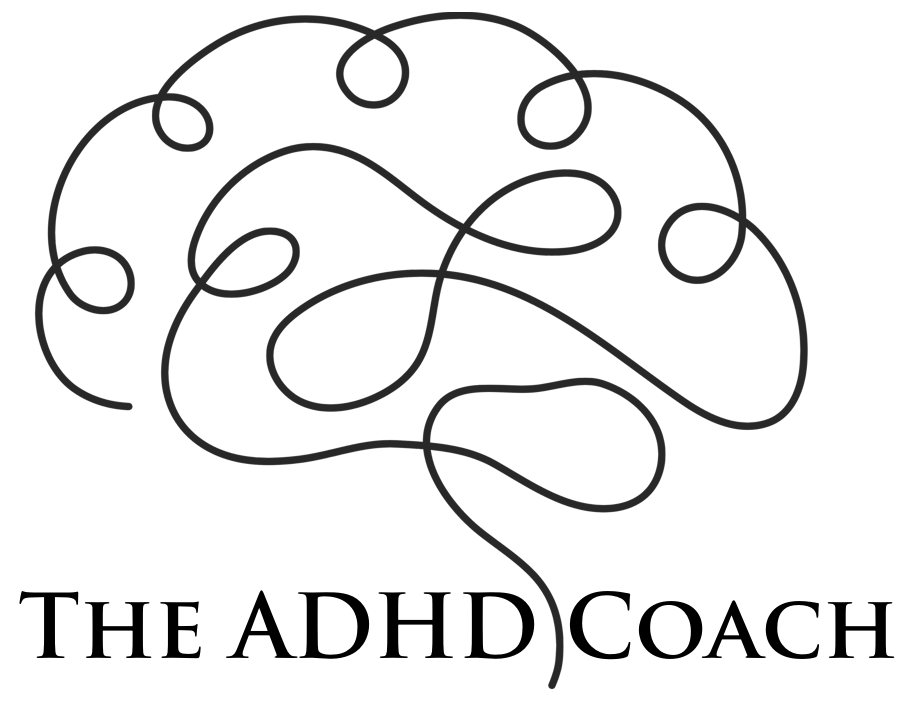My story and how ADHD coaching helped me
The diagnosis
Like many people who get diagnosed later in life, I knew “something was up” and had already self-diagnosed myself with ADHD by the time the therapist delivered the news. Nevertheless, hearing it confirmed was still an emotional moment. There was the sense of grief for my younger self who had gone through life repeatedly told “Cameron, you have so much potential… why can’t you just apply yourself?” and had, of course, internalised many of those messages. Yet, despite that feeling of sadness for what could have been, the overriding emotion was relief – relief that it all now made sense. It explained the crippling executive paralysis I had recently suffered at work; the unhealthy relationship with alcohol that had acted as self-medication; and the feeling of numbness I had been experiencing of late, all sucking me of energy and leaving my devoid of my usual drive and vitality.
Like many who get diagnosed later in life, I had been experiencing an ADHD burnout — a culmination of years of masking my symptoms and striving to meet neurotypical expectations in work and life. It was exhausting and debilitating.
As relieving as it was to now make sense of the past, there was the huge question of ‘now what?‘ Getting a diagnosis provides an explanation but it does not provide the answers – you’re left to find those for yourself, and the irony of being diagnosed mid-life is that things can actually become harder, as you’re left trying to understand what this means and how to become your authentic self, whilst needing to continue to fit into a neurotypical system. You have to learn how to adapt, whilst appearing to remain the same.
Nevertheless, I threw myself into learning everything I could, immersing myself in the vast amount of information online. Sadly, it quickly became dispiriting: so much advice felt simplified, generic or simply a sales pitch for an ebook or online course, promising instant results.
My career coaching sessions took a new angle as we worked through existing sticking points with a new perspective, but it quickly became clear they were not going to help me find long-term solutions.
It soon became apparent that neurotypical coaching was not going to help me find long-term solutions and I required a coach who understood the nuances of ADHD. Fortunately, I was introduced to Leanne Maskell, author of ‘ADHD: An A-Z ‘ and founder of ADHD Works. Because ADHD had been the missing link in my progress, I wanted to get the best possible support I could find and I had no hesitation in signing up.
The coaching
ADHD Coaching was transformative. Unlike traditional executive coaching which tended to require me bringing a clear agenda and set of goals to each session, ADHD coaching had a more structured approach; it helped put context to my experiences and understand how my ADHD brain works. We unpacked self-sabotaging habits built up over the years as a coping mechanism and explored how my interest-based nervous system shaped my executive functioning.
There is something deeply uncomfortable about finding out half way through life that you actually know very little about yourself. At the same time, what a beautiful opportunity it presents!
Growth is supposed to feel uncomfortable and the conversations were as powerful as they were confronting, but having the support of someone who had been in the same boat -someone who can relate and empathise, felt hugely supportive. Of course, my ADHD won’t go away, but more important than the tools and strategies we built to manage it, was the sense of self-awareness and self-compassion that grew from it. I am now more equipped, kinder to myself and more self-assured… calmer and more aware….. more peaceful.
The career change
After more than a decade in the trading industry, it was time for a change. The industry is intellectually stimulating and working with such driven colleagues everyday was inspiring, but I knew my intrinsic motivation now lay elsewhere.
After qualifying as a certified ADHD coach through ADHD Works (accredited by the CPD) I completed a certification in Psychology through the University of Oxford. I wanted to ground my coaching in the neuroscience, ensuring I could offer meaningful, evidence-based support to my clients.
Coaching had already given me so much by the time I moved into becoming a coach myself. It had helped me move from the constant feeling of unfilled potential and a sense of there being something missing, to leading with my strengths and living with more self-compassion.
Coaching is, at its core, a journey of self-discovery… a journey to explore what beliefs, fears and perceptions hold us back. It gives us the tools to be able to redefine them. Change can feel confronting but having someone who truly “gets it” brings a level of comfort and support, giving confidence to move through the discomfort and into growth. I feel incredibly grateful and privileged to now walk this path with my clients.
